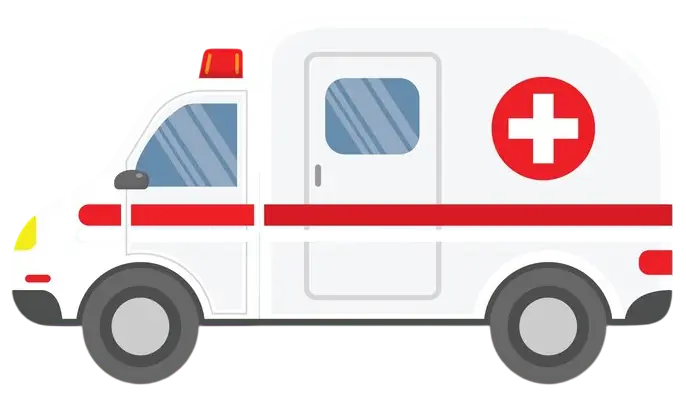Viral Fever in Children: Symptoms & Care Guide
Fever is a natural immune response of the body where, after an infection has occurred, the body temperature increases. This increase is designed to kill the pathogens causing the infection and to also allow your immune system to fight the invaders off. Viral fevers are caused by a certain group of viruses, and they are harder to deal with, as doctors usually don’t recommend any medications, except for plenty of rest and hydration. When children get affected, which is pretty often, it can be heartbreaking to see them deal with a lot of symptoms. We, as parents or caregivers, need to be able to calm down and help them out, so let us learn just how to do that.
Symptoms of Viral Fever in Kids
The monsoon season brings with it rain, winds, and a host of infectious agents along. Some common examples in these months include- respiratory viruses- like that of flu, sore throat, or cough, mosquito-borne viruses like dengue, Zika or chikungunya, or even tummy bugs- like rotavirus, causing a lot of stomach and gut-related symptoms. There are a whole lot of other viruses, too, and they can spread via air, by contact with contaminated surfaces, or by specific vectors like ticks or mosquitoes. Viral agents can bring on a host of symptoms, especially in young children-
- High-grade fever- which may come and go at specific times in a day, like in dengue
- Extreme tiredness and having no energy at all
- Severe headaches may also occur
- Your child may have a runny nose and a sore throat at the same time
- With conditions like dengue, they may have to deal with skin rashes also.
- Children may not eat well due to having a poor appetite.
- If it is COVID-19, for example, their sense of smell may also be affected.
The good news is that most of these symptoms are self-limiting, which means they will make your child feel miserable for about a week, but they will go away on their own. Your child will just need to eat well and rest a lot.
Viral fevers can be mild, moderate, or severe with respect to how long symptoms last and the intensity of some of the symptoms. Mild flu cases go away in about 4-5 days. Moderate influenza or dengue-like infections take about 10 days to resolve, while severe infections like COVID-19 may take a long time.
Viral infections are normally diagnosed with simple physical exams and blood tests to check for viral load or antigen presence. The amount of C-Reactive Protein present gives your doctor a clue that there is some infectious agent involved- especially if the value is higher than the normal range.
Home Care for Viral Fever
Since most viral infections are self-limiting and go away in a week or two, it is best to let your child rest and eat light and easily digestible foods- so they have energy and don’t feel too tired. Talk to your paediatrician about giving medications to reduce fever and body pain. Warm baths and soft clothing can greatly help them feel comfortable. If their cold is bad, you can ask them to inhale some steam. You can make sure they wash their hands often and know how to do it the right way.
When To See A Doctor for Fever
There are times you need to know when to stop home care and get medical help. Such instances have been mentioned below-
- If there is a high fever that lasts persistently for over a week
- If they are not able to breathe freely or have chest pain
- Severe dehydration- dry skin and mouth, dark urine
- If they look confused
- If it is dengue, then be extremely careful about the slightest of bleeds, like from the gum or via stools.
- Vomiting and loose stools
Conclusion
Seasonal viral infections are very common in school-going children, which is why taking good care of their health is essential. Doing that means knowing about preventive measures- like washing hands properly, several times in a day, getting them vaccinated and making sure their schedule is up to date on flu vaccines annually, using mosquito nets and repellents, making sure there is no standing water anywhere near home and giving them safe, home-cooked food – which can greatly help reduce their chances of contracting an infection or even passing it on to their peers, if they have a mild one themselves.
FAQs
Children with viral fever often show symptoms like high temperature, body aches, sore throat, fatigue, cold, and sometimes mild rashes and flu-like symptoms.
Most cases of viral fever in children last 3 to 5 days, but some symptoms, like fatigue or cough, may linger slightly longer.
Keep your child well-hydrated, ensure they get plenty of rest, offer light meal,s and use a fever-reducing medicine if prescribed by a doctor.
You should see a doctor if the fever lasts more than 3 days, crosses 102°F (38.9°C), or if your child seems unusually weak or drowsy.
Most seasonal viral infections are mild, but some can lead to complications like dehydration or respiratory issues, especially in younger children.


